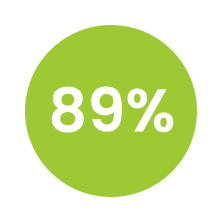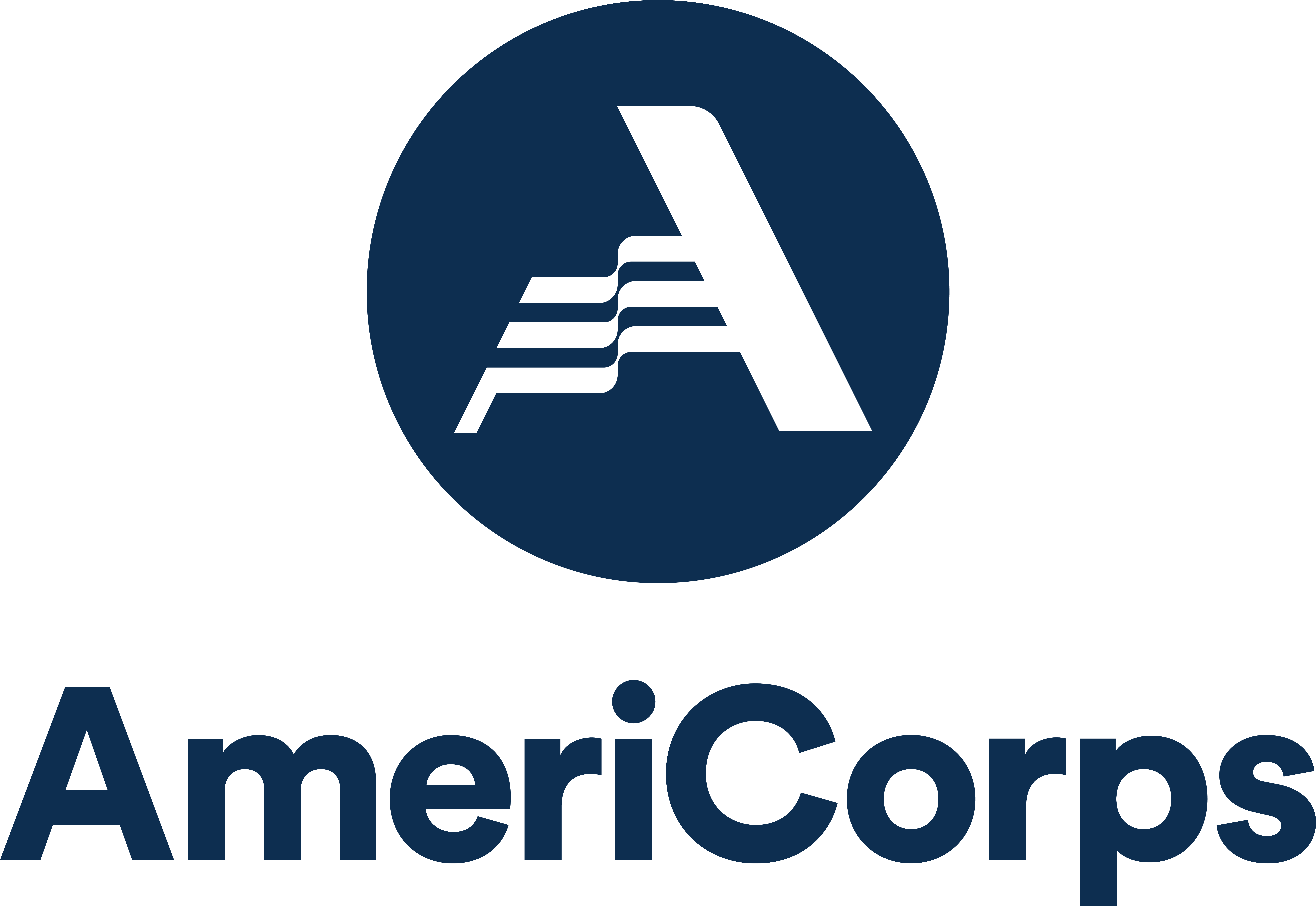With the Fall semester coming to a close, many high school and college seniors are eager to have a set answer to the question, "What are you doing after graduation?" While some are scrambling for jobs or wading through a mountain of college or grad school applications, a small but growing group of young people are listening to that still small voice that is calling them to something more.
People often refer to post-graduate service as "taking a year off" or "delaying the real world," but commiting 9 months or longer to serving with Christian Appalachian Project or any faith-based service program is more like taking a year on to live in Christian community and encounter Christ in the face of the poor. And the world of rural poverty? Well, that is about as real as the world gets.
Christian Appalachian Project volunteers serve directly with the marginalized of Eastern Kentucky--teaching children, visiting the elderly, empowering persons with disabilities and assisting families in crisis. In one of the most impoverished regions of the country, CAP volunteers serve as the hands and feet of Christ, while also making a commitment to support one another in community and nurture their faith lives. CAP volunteers hear the Gospel call to serve others, and more important, they answer that call.
But as enriching as the post-graduate service experience is, there are still the worldly realities of student loans and parental expectations that keep many from answering the call to service. Here are a few facts about post-graduate service to help ease your (and your family's) concerns:
1. You will be able to feed yourself: Most post-grad service programs offer room and board. You are responsible only for incidental personal expenses.
2. Volunteers are normal people (basically): You're joining a community, not a cult (believe it or not, some parents have this concern about community life in volunteer programs). You can learn more about CAP's long-term volunteers at our Meet Our Volunteers page.
3. You get paid! (sort of): No one gets rich from volunteering, but most programs provide a small monthly stipend for spending money, along with transportation to your service site.
4. Health insurance often provided: Health insurance isn't always on the top of young people's minds, but you will want make sure your program offers it if you are not still covered by your parents' policy. Most programs provide this important benefit.
5. Your student loans can be deferred, or even partially paid for, when you volunteer: Many students don't realize that they can often receive more money for student loans from a year of service than they would have made in student loan payments after a year of employment. With the AmeriCorps Education Award, volunteers in many domestic service programs can receive up to $4,275 to use for student loans or future education expenses. If you have federal loans, those loans can be deferred during your service time, and AmeriCorps pays the interest your loans are accruing. If you have private loans, lenders will often defer loans for borrowers participating in long-term service.
If you're convinced that post-graduate service is right for you, but are unsure of what organization to choose, here are some questions to ask yourself when reviewing your options.
Do I want to serve domestically or internationally?
Do I want to live alone or in a community?
Is there a particular population I am interested in serving (i.e. urban vs. rural; children vs. adults)?
Am I looking for a faith-based or secular program? If faith-based, how important do I want spirituality to be?
Post-graduate service is a significant commitment, and requires discernment. Amy Schill, Volunteer Recruitment Coordinator for CAP, is a former CAP volunteer and is available to answer your questions about post-graduate volunteering and provide assistance in your discernment process. You can reach her at 606-256-0973 or aschill@chrisapp.org. When you are ready to apply, you can do so by clicking the "Apply" link above.







